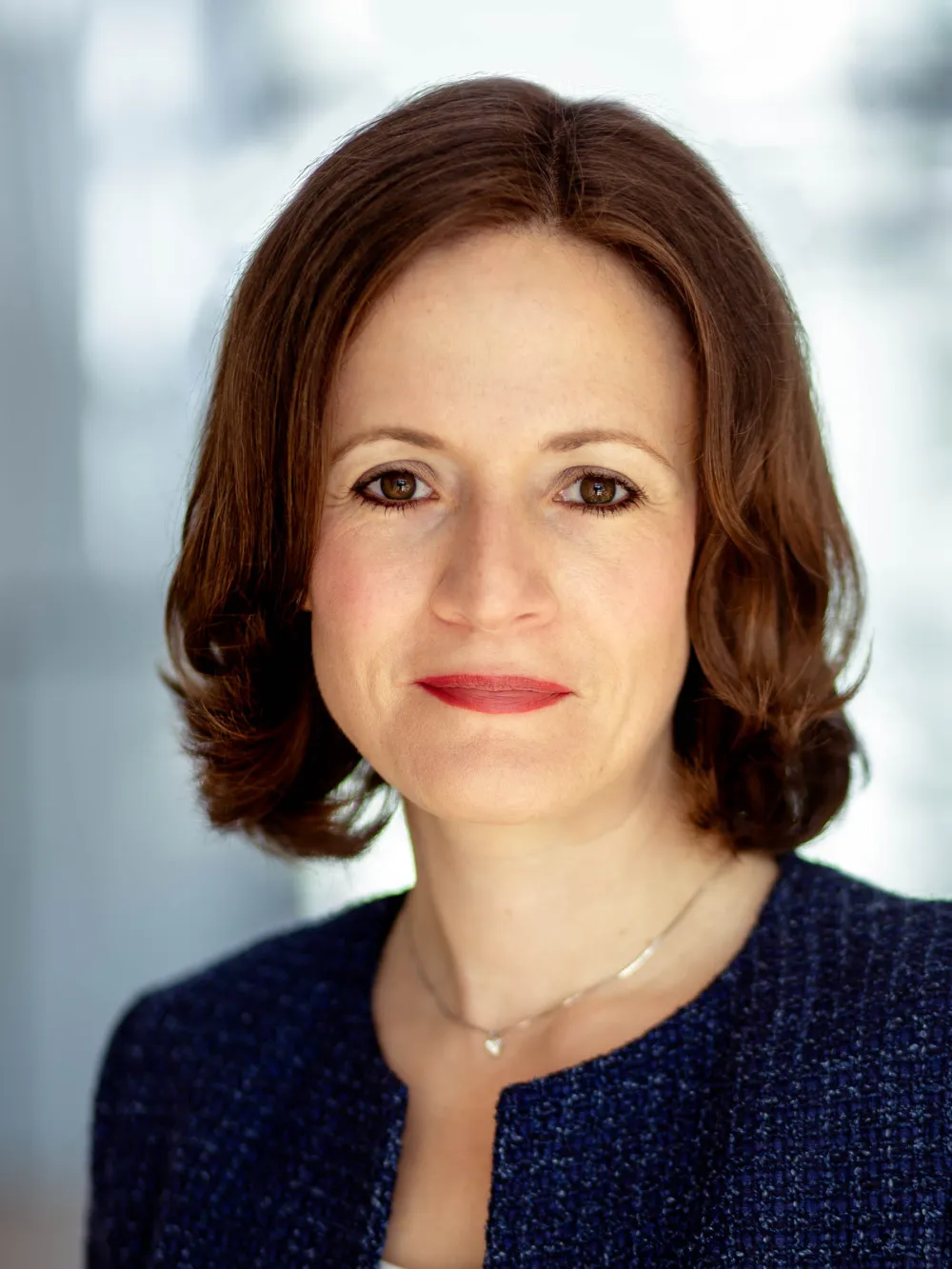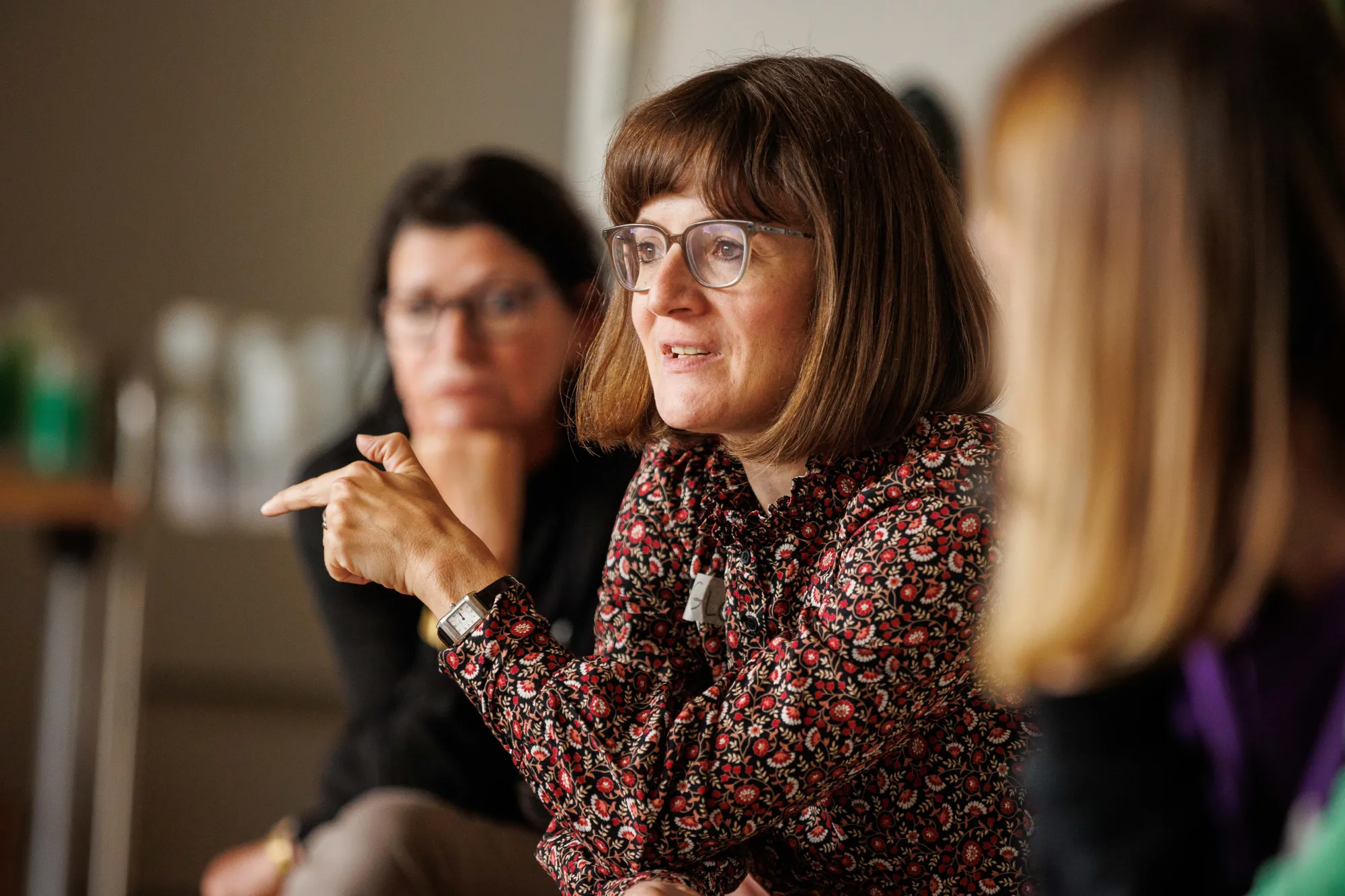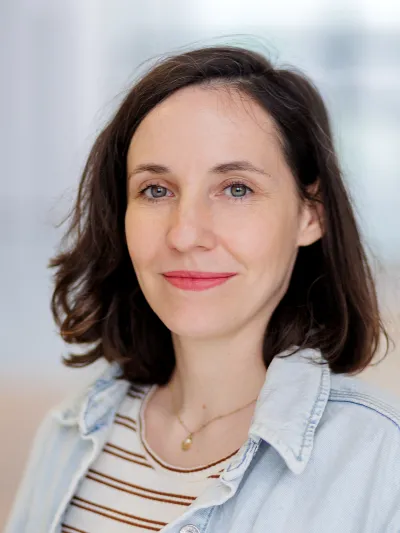Apply for funding, but to whom? Or would a fundraising campaign be better? Then maybe crowdfunding? If you want to understand better how cultural funding works, our training programme is the perfect course for you. We provide you with in-depth knowledge of funding programmes, strategic acquisition and innovative financing methods such as crowdfunding. Our practice-oriented training gives you the opportunity to deepen your expertise and successfully finance your projects.

4 ECTS credit points
Basic knowledge of practical cultural work
Recognised in Brandenburg and Berlin
At a glance
In the cultural sector, many people - especially freelancers - are faced with the key question of how they can access financial resources for their projects. In this further education course, we work together to develop the basics of cultural funding and funding law, familiarise ourselves with various funding methods in non-profit management and develop strategies for successful acquisition. The modules offer a structured overview of public cultural funding, fundraising basics as well as professional acquisition techniques and innovative financing methods such as crowdfunding.
Presentation and feedback: At the end of the course, you will have developed your own financing concept for your cultural project, which you will present to the group of participants in the last module.
Target group
- professionals from the arts and culture and related fields
- freelancers who are new to fundraising or would like to deepen their knowledge of fundraising
Methods
- Theoretical and practice-orientated inputs
- Work on case studies and participants' topics
- Plenary discussions
- small group or single work, exercises, presentations
Lecturers
- Prof. Dr. Julia Glesner (Arts Management and Cultural Work)
- Sophie Gnest, startnext
Modules & Contents

Crowdfunding braucht Mut – und eine gute Geschichte
Was braucht es, damit eine Crowdfunding-Kampagne im Kulturbereich gelingt? Warum lohnt es sich, auch bei knappen Ressourcen auf die eigene Community zu setzen? Sophie Gnest ist Crowdfunding-Beraterin bei Startnext. Im Interview spricht sie über persönliche Learnings, häufige Stolpersteine – und warum Crowdfunding weit mehr ist als ein Geldtopf.
Weitere Kurse
Kultur Marketing Kommunikation
Der Kurs vermittelt Management-Fachkenntnisse & Werkzeuge, mit denen Sie Ihre Kultureinrichtung erfolgreich leiten.
Das Einmaleins des Kuratierens
Erfahren Sie innerhalb von 5 Tagen, wie Sie eigene Ausstellungsprojekte organisieren, konzipieren und realisieren.
Kultureinrichtungen in Transformation
Nachhaltigkeit, KI und digitale Formate: Der 3-tägige Workshop widmet sich der Frage, wie Kultureinrichtungen dem Wandel begegnen und sichtbar bleiben können.





